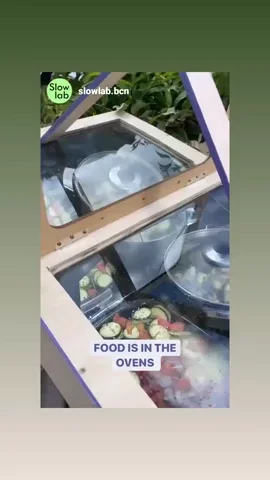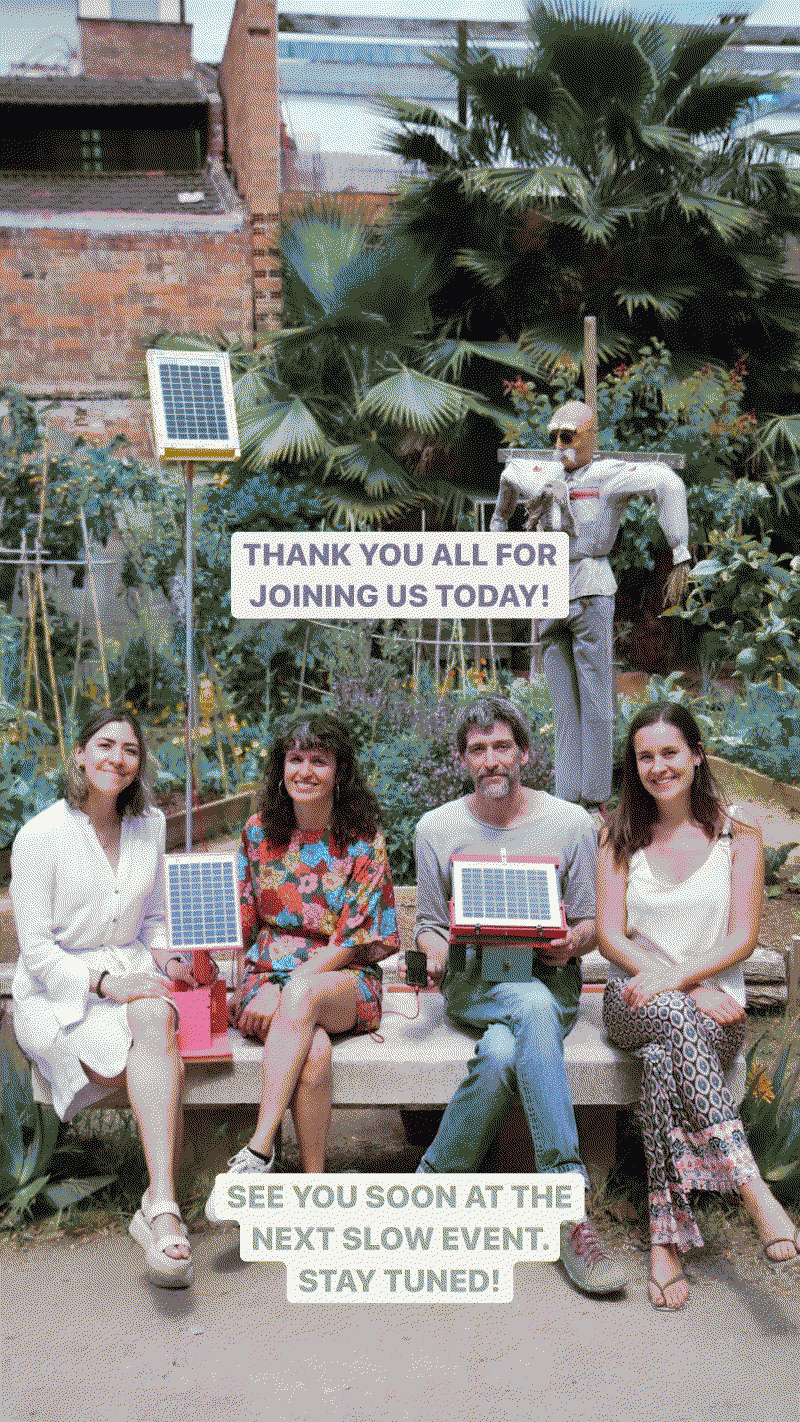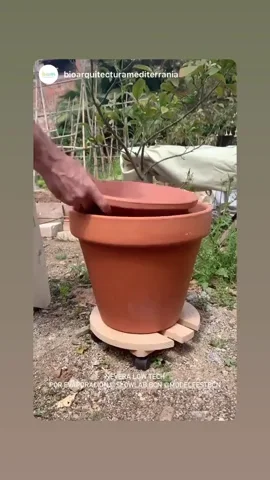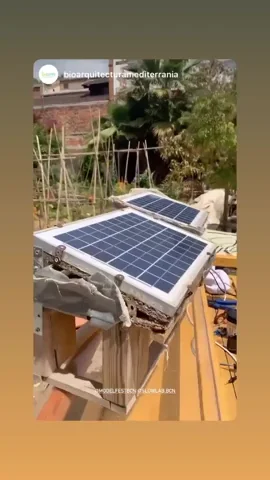design studio - alternative presents
2nd May 2022
faculty: Oscar Tomico, Mariana Quintero
reflections
We carried the first design intervention of this term in the format of the “Solar Brunch” event described before. We were very happy with how the event went.
The week before the event was a big rush of preparation but we managed to finish the new oven and to connect second hand speakers and amplifier to 12V. The only thing left was to connect them to the 12V solar panels that Kris was bringing which he connected the morning of the event. In case this wouldn’t work we had an alternative with small solar panels powering 5V computer speakers that we did with some material from fablab that we reused and connected. But it all worked perfectly after some stressing time of fixing disconnected cables.
The day of the event, around 30 people came, we wanted to limit the number of participants to be able to cook enough food with the solar ovens.
The different “low tech” techiques we were using during the event were:
The week before the event was a big rush of preparation but we managed to finish the new oven and to connect second hand speakers and amplifier to 12V. The only thing left was to connect them to the 12V solar panels that Kris was bringing which he connected the morning of the event. In case this wouldn’t work we had an alternative with small solar panels powering 5V computer speakers that we did with some material from fablab that we reused and connected. But it all worked perfectly after some stressing time of fixing disconnected cables.
The day of the event, around 30 people came, we wanted to limit the number of participants to be able to cook enough food with the solar ovens.
The different “low tech” techiques we were using during the event were:
- 3 solar ovens to cook vegetables and melt chocolate
- 1 evaporative cooler (refrigeration by evaporation)
- Speakers powered by 2 * 12V - 10W solar panels wired in parallel
- Small speakers powers by 2*5V -5W solar panels wired in parallel
- Solar dehydrated fruits
- Other small solar panels on colourful stands that Kris brought for people to charge their phones or even to solder things (this last option didn’t have a big success!)




To start, we welcomed everyone and explained the idea behind Slow Lab and this event. We asked to each participant to introduce themselves quickly and to say what made them join and how they felt connected to the topic. A big part of the audience was from design or architecture areas as the event was communicated in the context of the MODEL Semana de Arquitectura. Kris from Low Tech Magazine did an explanation about low tech and solar energy in general, he had also invited Roel who is a researcher who built the solar powered version of Low Tech Mag website (solar low tech magazine) so he could also explain it. This first part was interesting because even though it started as a “presentation” it really became a conversation between everyone and we started mentionning ideas about how future solar brunches could be using not only the energy of the sun but also “human” energy from bike generators.
After that we invited everyone helping themselves to food and we continued conversations with the participants in a more informal way. One challenge was to find the right balance in the event between entertainment and being able to have conversations around the use of technology and energy in our daily lives. We collected feedback in conversations and also in paper forms that we invited participants who wanted to leave some feedback.
During the event many people manifested their interest to be informed about future events, to participate to workshops to make their own ovens. One of the participants, Rocio, who is teaching sustainability proposed to contribute to the preparation of the next event we would hold and was enthusiastic to share some ideas. So now we are collaborating with Kris and Rocio for a second Solar Brunch during MDEFest.
We updated the Slow Lab design space with the collected feedback here:
what alternative presents are we creating?
- No tech culture Solar Brunch is a thing. Entertainement requiring no or low energy becomes attractive. By bringing people together and starting conversations around alternatives, these events can trigger a cultural shift towards a slower paced lifestyle.
- Aesthetics of slow The objects and devices we use with slow lab (such as here a fireless cooker, solar ovens, evaporative coolers, solar powered speakers) are new “things” we want to bring in people’s daily life. Even though using existing technologies (we didn’t invent solar panels!) or techniques of the past, we are bringing them to a different context. Thus, as we are making these things, beyond the “technology”, we are also thinking about what new aesthetics, new visual codes we are creating.
- Local and durable materials When building these different devices, the choice of the material has sometimes been a challenge for example for the solar ovens : What isolation material is best as we don’t want to use styrofoam? (cork? fabric? mycelium?) What is the best transparent lid to resist high temperatures and be resistant enough? What materials for the reflectors? (foil paper, mirors, aluminium panels?) If the production of such devices becomes a new “normal” we need to create a network of reliable and local sources for all these materials by collaborating with local manufacturers for example.
- Learning how to make. Together “we bought” takes less space and less importance in our language than “we made”. There is also dimension of creating learning contexts in this project. It contributes to create a local community of people wanting to learn how to make low tech devices in Barcelona and we could think of different formats to share this knowledge.
- Convivial technologies & “ancestral futures” In an alternative present, there would be a constant reflexion on how the tools we use are made and powered. Pushing a button to obtain something without knowing how it works is not an option. We are able to explain how everything we use works.
Knowledge and techniques of the past for growing, preserving, cooking, heating, cooling are not anymore forgotten in old books but are embedded in our daily habits.